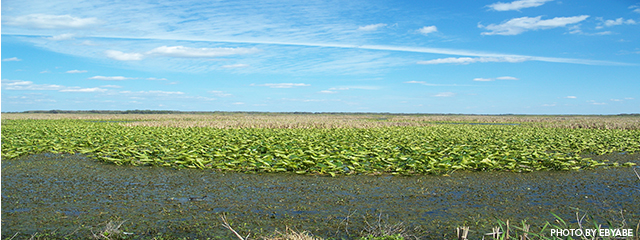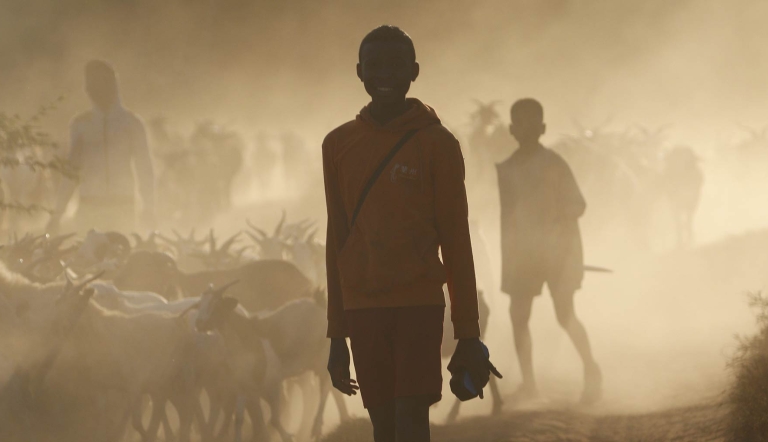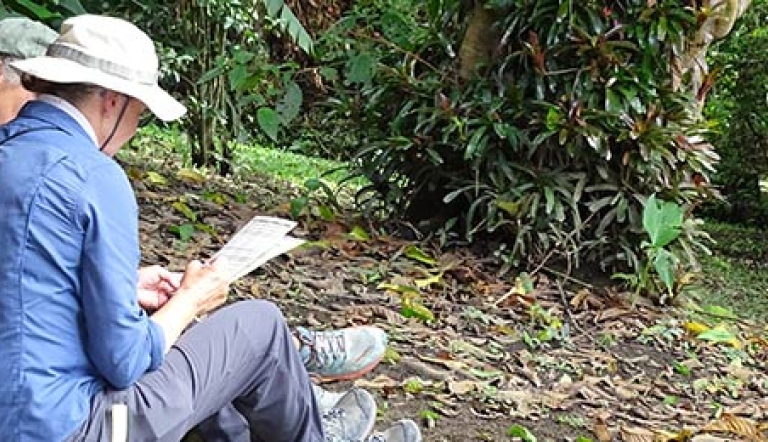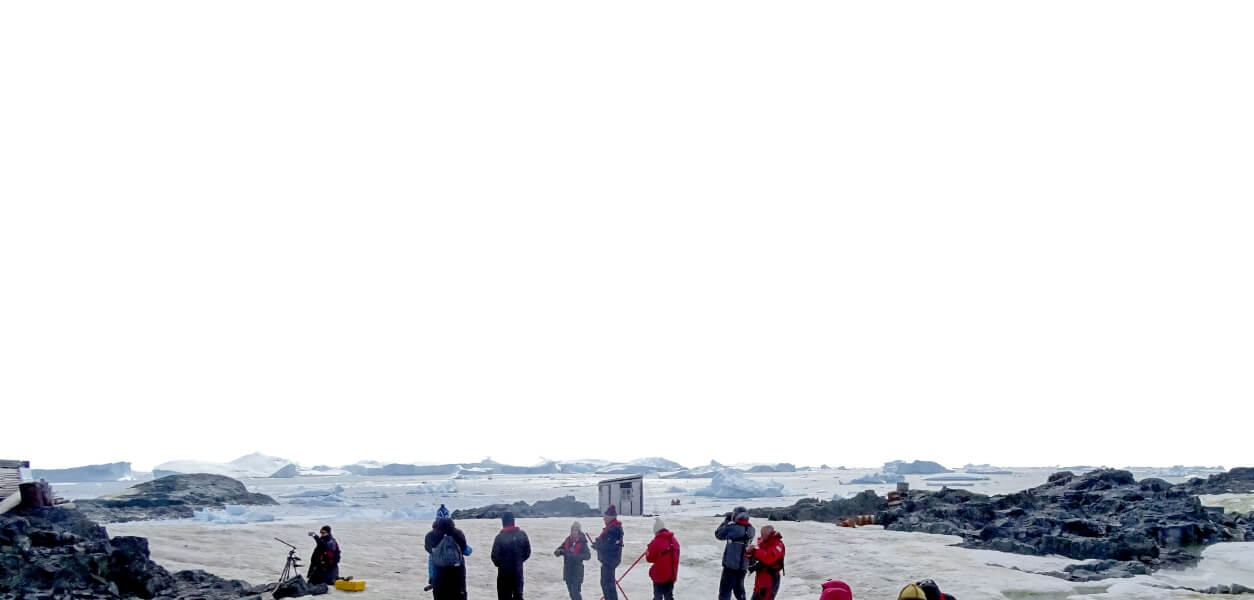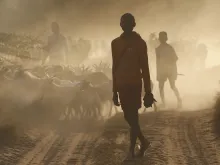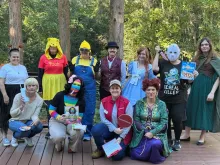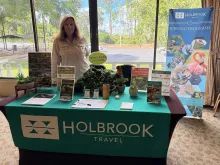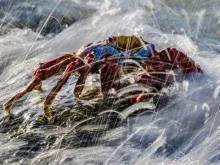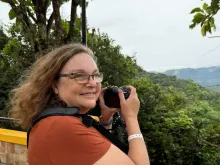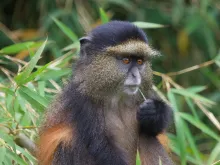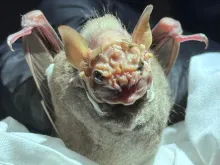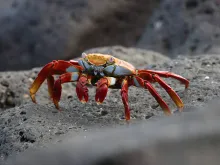 Today, most species of plants and animals become extinct due to habitat destruction by humans, according to Frank Mazzotti, associate professor, Wildlife Ecology and Conservation Department at the University of Florida. Animals and plants are no longer reaching extinction due to only natural causes; it’s accelerated by humans in various ways. The World Conservation Union estimates that there are more than 16,000 wildlife species that are currently threatened by extinction. Conservation preserves biodiversity on our planet and keeps it beautiful. Habitat destruction and overexploitation are some of the biggest threats to endangered or threatened species. Here are some simple ways that you can play a role in keeping wildlife in the wild:
Today, most species of plants and animals become extinct due to habitat destruction by humans, according to Frank Mazzotti, associate professor, Wildlife Ecology and Conservation Department at the University of Florida. Animals and plants are no longer reaching extinction due to only natural causes; it’s accelerated by humans in various ways. The World Conservation Union estimates that there are more than 16,000 wildlife species that are currently threatened by extinction. Conservation preserves biodiversity on our planet and keeps it beautiful. Habitat destruction and overexploitation are some of the biggest threats to endangered or threatened species. Here are some simple ways that you can play a role in keeping wildlife in the wild:
- Educate yourself. Learn about conservation and be aware of your actions and the impact that they have on wildlife. Don't buy products made from threatened or endangered animals (i.e. tortoise shells, coral, etc.).
- Conserve. From water to fossil fuels and plastic bags, be aware of what you’re using and how much. Try to limit wastefulness by taking public transportation and turning off the water while you brush your teeth. When you go to the grocery store, bring your own cloth bags to reduce the amount of plastic garbage you’re creating. Say this mantra to yourself: “Reduce, Re-use, Recycle.” The result of doing those three things will be conserving resources that are overused and often discarded improperly.
- Let it be. It may be tempting to feed a squirrel or throw some leftover food to that alligator you see, but don't do it! The more dependent these animals become on people to feed it, the less “wild” they are which in turn makes them easier targets for predators.
- Pick up trash. You may not litter, but you're not doing any favors for the environment if you walk by trash and don't pick it up! Trash in the environment is harmful because animals can eat it or become strangled by it. Things that cannot decompose naturally should always be disposed of properly.
- Volunteer. Research local conservation organizations and find a way to get involved. There are a wide variety of organizations working to protect endangered animals and habitats. You can often find a group that matches your specific area of interest whether it’s protecting sea turtles or habitats for birds.
